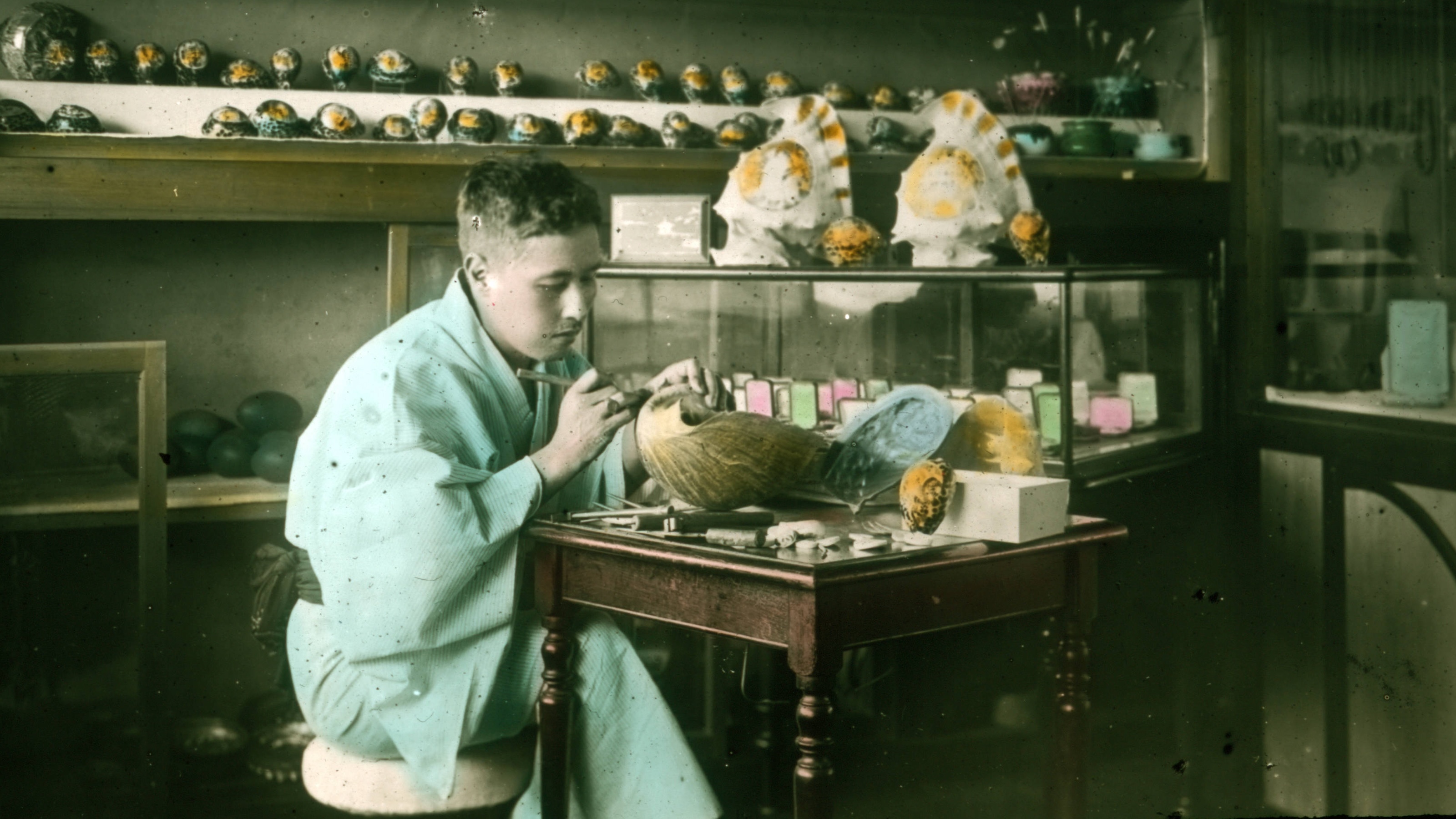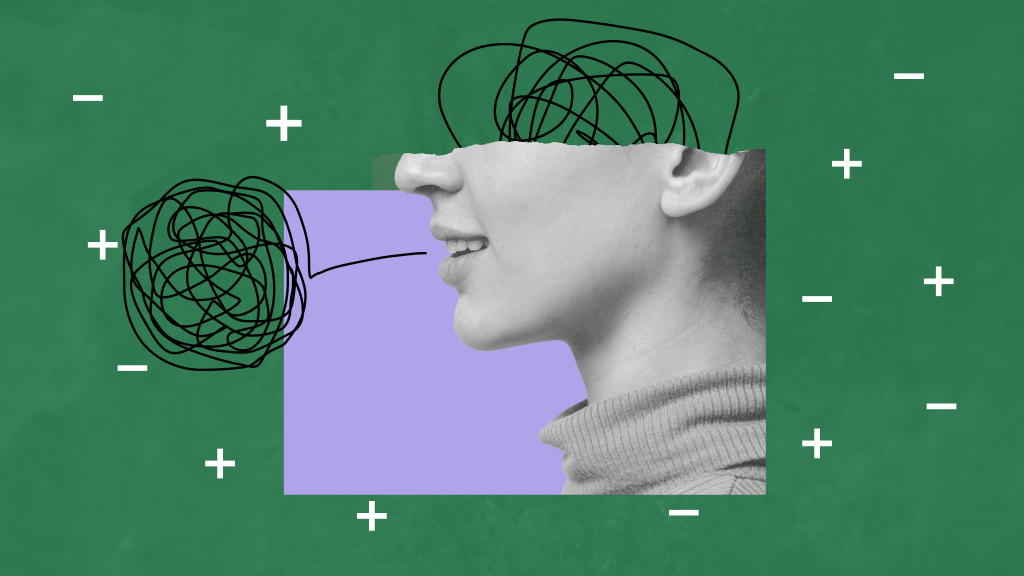Learning about Nazism at an early age.
It’s not that my father was prescriptive. In fact I think he was probably as surprised as anyone that I went this route. You know he . . . he . . . You know growing up as a child of the Depression and a child of the uncertainty of . . . of, you know, fleeing his home wanted a solid job. And so he was an engineer and then a businessman. And it seemed that I would follow a similar route. When I went to law school that was okay because that was still a nice, concrete profession. But when I, you know, left a promising career and decided not to be a partner at a law firm and instead go off into this, you know, somewhat, you know, unknown area of NGO work, I think he was a bit taken aback at first. And it was frankly only after several years where he slowly began to understand what it meant to do what I did that he became much more accepting.
from a very early age – I can’t quite pinpoint it – but early on, I knew that I needed to be doing something that I believed in in order to be happy. I did, after graduating from law school, spend some time briefly in a law firm. I then was a prosecutor. But I think particularly in the law firm, what I learned was that even though I could do passably well at a job where I just sort of, you know, applied my intelligence and hard work; if I wasn’t into it . . . if I wasn’t passionate about it, I never felt that I was going to excel. And that for me to be able to be passionate about something, I had to feel that I was making a contribution. There was always sort of a political side to me that I just somehow grew up with. I mean I think I was probably a product of my parents; but also was, you know, being a product of growing up in the ‘60s and feeling that this is, you know, what one did with one’s life; that not having a political point to one’s work made one’s life somehow a little less valuable. So that’s just what I became, and as a result I don’t think I would have been happy just in any ordinary job. If I had been 10 years older, I think I easily could have seen going into the Civil Rights Movement in the United States. But by the time I graduated from law school in 1980, the major victories of the Civil Rights Movement in a sense were behind me, and the new frontier seemed to be international rights work. This was an era in which Jimmy Carter for the first time had announced that human rights would be an important element of U.S. foreign policy. And this just seemed to be the . . . the new frontier. It was something that excited me, and that was both intellectually interesting, but also appealed to my . . . my values. And I was just drawn to it from law school on. I actually, in law school, tried for three years in a row to sign up for the one human rights class that Yale offered, and each year they cancelled it. So I graduated from law school with no formal training in human rights whatsoever – in contrast to the people who apply for jobs today at Human Rights Watch who have all these credentials that I never had. But as soon as I graduated, I began volunteering doing human rights work. And then very . . . seven years later when there was finally a job – because at that point there were no jobs in the field – I finally took the leap and actually began doing it professionally.
Recorded on: 8/14/07





